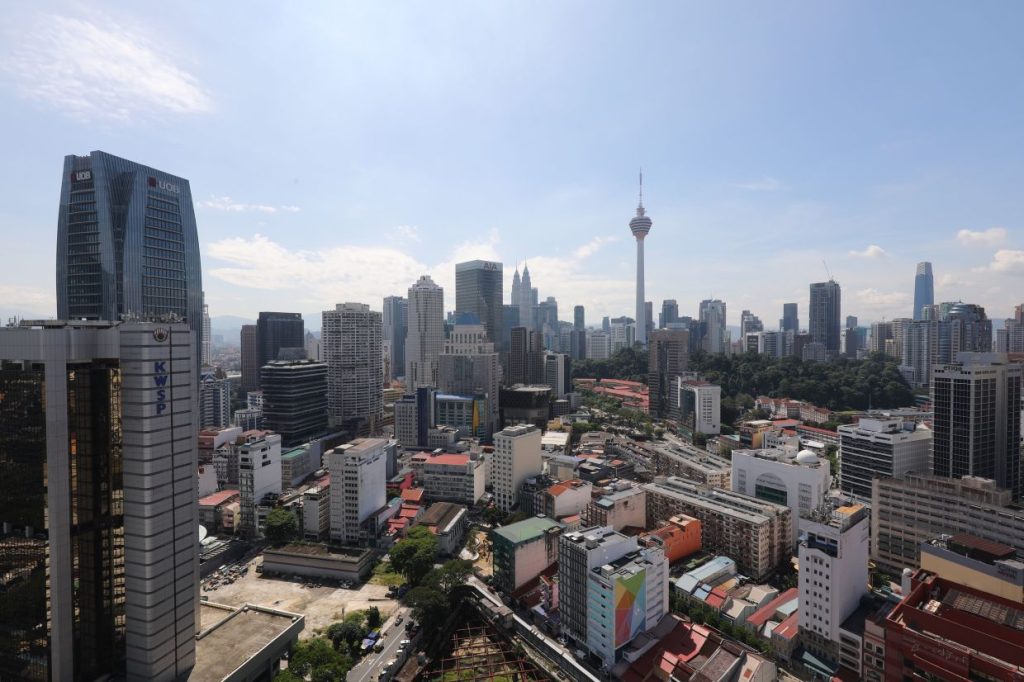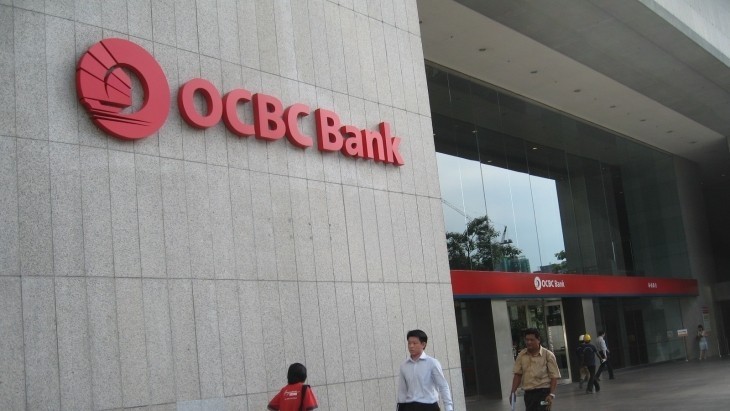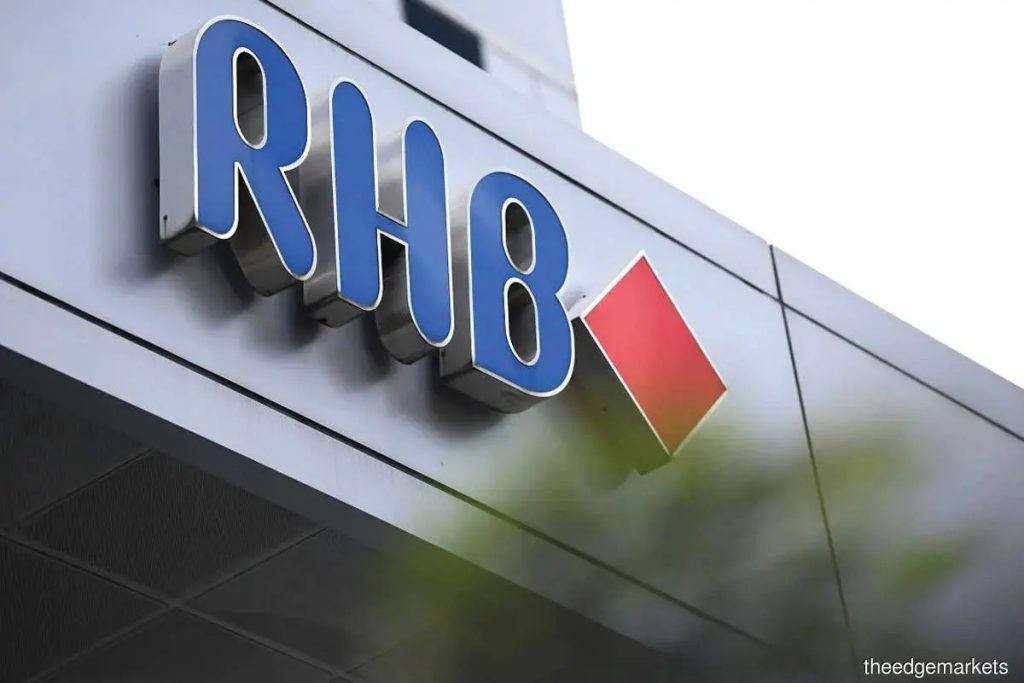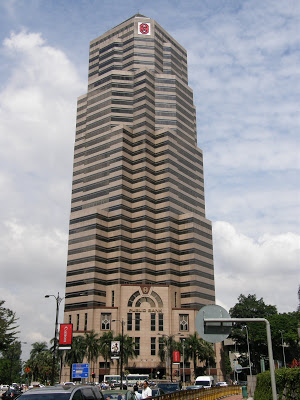What is ESG?
ESG is an opportunity allowing boards and executives to build greater trust with their employees, shareholders, and communities in which they operate, while doing good for the planet.
What is ESG?

Environmental
It examines a company's impact on the environment, including its use of natural resources, its greenhouse gas emissions, and its waste management practices. Companies that prioritize environmental factors may use renewable energy sources, implement recycling and conservation measures, and take steps to reduce their carbon footprint.

Social
It refers to how a company treats its employees`, customers, and other stakeholders. Companies that prioritize social factors may have strong labor policies, such as fair pay and benefits, workplace safety measures, and policies that promote diversity and inclusion. They may also prioritise consumer safety, product quality, and ethical supply chain practices.

Governance
Governance's evaluation begins from the management and oversight practices of a company, including its corporate governance structure, executive compensation policies, and accountability measures. Companies that prioritise governance factors may have independent and diverse boards of directors, transparent financial reporting, and strong anti-corruption policies.
ADOPT ESG OR BE ELIMINATED
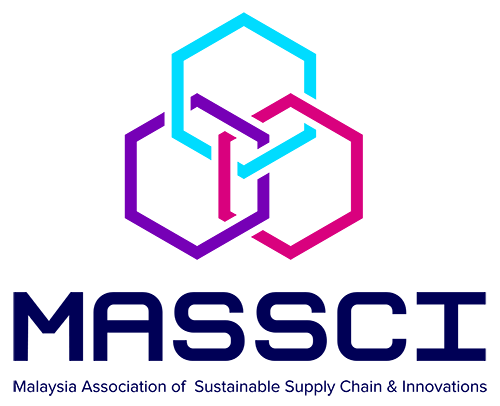
“CDP Study Finds End-to-End Supply Chains Have Over 5 Times the Impact on Emissions Compared to Direct Operations”
Discover the Win-Win of Green Supply Chains: The Same Study Shows Companies Reap Financial and Commercial Benefits Alongside Environmental Impact


Malaysia Airlines Bhd is encouraging prospective suppliers and vendors to meet the ESG requirements.
MORE ESG, MORE $
Bank Negara’s Initiatives in ESG Funding
RM 1 Billion
in Low Carbon Transition Facility (LCTF) to assist Financial Institutions in providing financing for sustainable and low carbon practices
RM 800 Million
in High Tech and Green Facility to help SMEs and innovative start-ups in strategic green and technological fields
BURSA MALAYSIA
“Companies which ignore sustainability or ESG (environmental, social and governance) considerations in business strategy and operations will not be sustainable particularly in the longer term, and may be deprived of both equity and debt financing to fund their projects.”
-Bursa Malaysia Bhd chairman Tan Sri Abdul Wahid Omar
GROWING $ DEMANDS FROM BANKS FOR ESG
BANK ISLAM offers up to RM 15 MILLION for Producer ; RM 5 MILLION for User to provide green technology financing;
So far: Bank Islam has approved RM2.62 BILLION in green financing projects in Renewable Energy, sustainable waste management, sustainable public transportation and green manufacturing.
OCBC GROUP has set a sustainable financing target of S$50 BILLION (RM165.5 million) by 2025.
OCBC Bank and the Malaysian Green Technology And Climate Change Corporation (MGTC) have partnered to offer businesses an easy way to measure their environmental impact and set sustainability goals. By incorporating MGTC’s low carbon operating system (LCOS) into their financing plan, OCBC Bank is helping companies thrive in a green economy.
MARKET TRENDS IN MALAYSIA
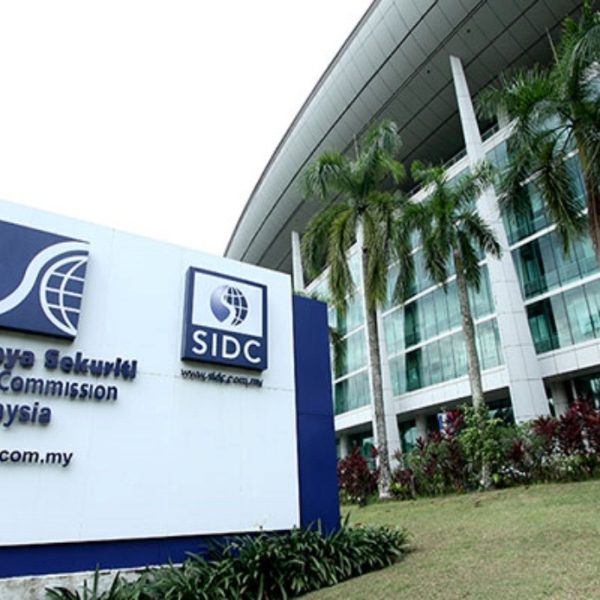
SECURITIES COMMISSIONS: Fund industries are urged to launch more ESG funds
“The asset and fund management industry in Malaysia must ride on the wave of these trends and ramp up efforts in offering wider range of sustainable investment choices for investors. This includes the introduction of more innovative sustainable funds, focusing on thematic ESG themes."

By 2025, 70% of MNCs will eliminate suppliers that endanger their carbon transition plans
It refers to how a company treats its employees`, customers, and other stakeholders. Companies that prioritize social factors may have strong labor policies, such as fair pay and benefits, workplace safety measures, and policies that promote diversity and inclusion. They may also prioritise consumer safety, product quality, and ethical supply chain practices.
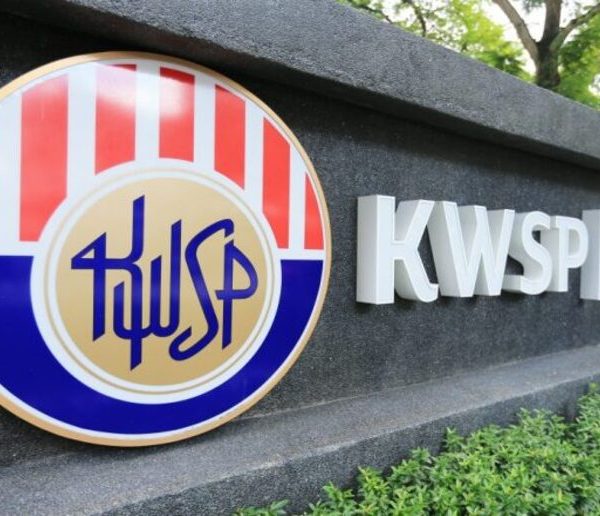
EPF: stepping up its commitment to sustainable investment goals
Governance's evaluation begins from the management and oversight practices of a company, including its corporate governance structure, executive compensation policies, and accountability measures. Companies that prioritise governance factors may have independent and diverse boards of directors, transparent financial reporting, and strong anti-corruption policies.
CURRENT ESG POLICIES IN MALAYSIA
GOVERNANCE
Updated Malaysian Code on Corporate Governance by Securities Commission Malaysia
- emphasise the role of the board and senior management in addressing sustainability risks and opportunities
- introduce new best practices that transition towards a net zero economy by managing ESG risks and opportunities
ENVIRONMENTAL POLICIES
National Policy on Climate Change (2009)
to address climate change with the introduction of policies and strengthening the framework
to consolidate the E, S and G of ESG
Twelfth Malaysia Plan (2021-2025)
to promote an economic model that balances socio-economic development with environmental sustainability
to encourage both public and private sectors to adopt and integrate ESG considerations into their decision-making processes
Bursa Malaysia

Sustainability Reporting
All listed companies are required to disclose their sustainability performance through a sustainability reporting framework that is aligned with international standards such as the Global Reporting Initiative (GRI) and the Sustainability Accounting Standards Board (SASB).

ESG Guidebook
This is to help companies understand and implement ESG best practices. The guidebook provides guidance on how to report on ESG performance, and includes case studies and examples of ESG initiatives

FTSE4Good Bursa Malaysia Index
Bursa Malaysia has partnered with FTSE Russell to launch the FTSE4Good Bursa Malaysia Index, which tracks the performance of companies that meet global ESG standards.
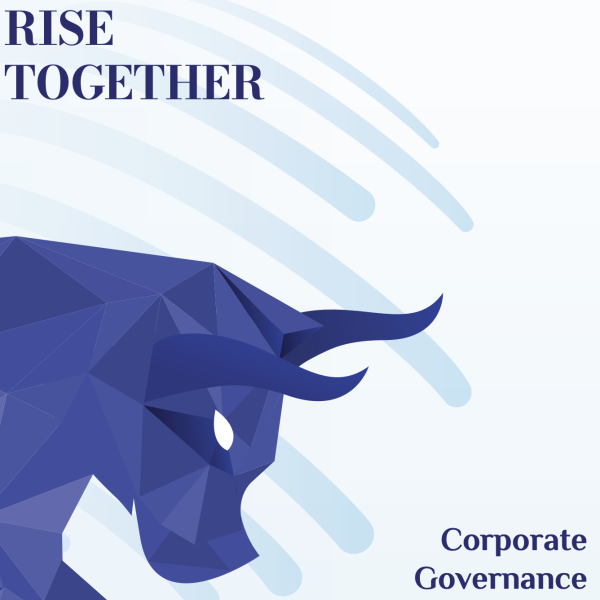
Corporate Governance Guide
It provides guidance to PLCs for adhering to recommended practices in the Securities Commissions and enhanced disclosure requirements under the Listing Requirements which includes guidelines on board composition, risk management, and transparency.
TALENT RECRUITMENT AND RETENTION

The London Business School’s Alex Edmans:
the companies that made Fortune’s “100 Best Companies to Work For” list generated 2.3%-3.8% higher stock returns per year than their peers over a greater than 25-year horizon.
A MarshMcLennan study:
Employers get the highest rating among surveyed employees and prospective talent which they earned the highest ESG scores. These companies showed a strong performance with the “Environmental” element and trended well across Social and Governance issues, too.

Investors in PwC’s 2021 Global Investor Survey ranked ‘ensuring workers health and safety’ (44%) as their 2nd highest ESG concern; while ‘addressing human rights in the supply chain’ (34%) was placed 4th among the top ESG priorities of investors polled.


30% BETTER FOR
JOB PERFORMANCE
when inclusive teams are working under high-diversity environments.

90% INVESTORS BELIEVE
IN HIGHER STOCK PRICE WHEN
companies implement strong diversity and inclusion metrics.
86% of employees
prefer to support or work for companies that care about the same issues they do
"Over 70% of Job Seekers Prefer Environmentally Sustainable Companies, More Than Half Willing to Accept Lower Pay: IBM Survey Finds"
companies implement strong diversity and inclusion metrics.
SUSTAINABLE CORPORATE REPUTATION
In 2019, 90% of companies in the S&P 500 Index issued sustainability reports.
Morgan Stanley (2019): Sustainable Investing remains 'At All-Time High'
ESG Reporting makes a brand stands out:
BE THE FIRST TO EARN FROM ESG
75% OFF (only at $99/RM445 with limited slots!)
RM4650
Sign up NOW to get your FIRST ESG SELF-ASSESSMENT and a FREE ONE-TO-ONE 60-MIN CONSULTATION SESSION with us by clicking on the BUTTON BELOW!


